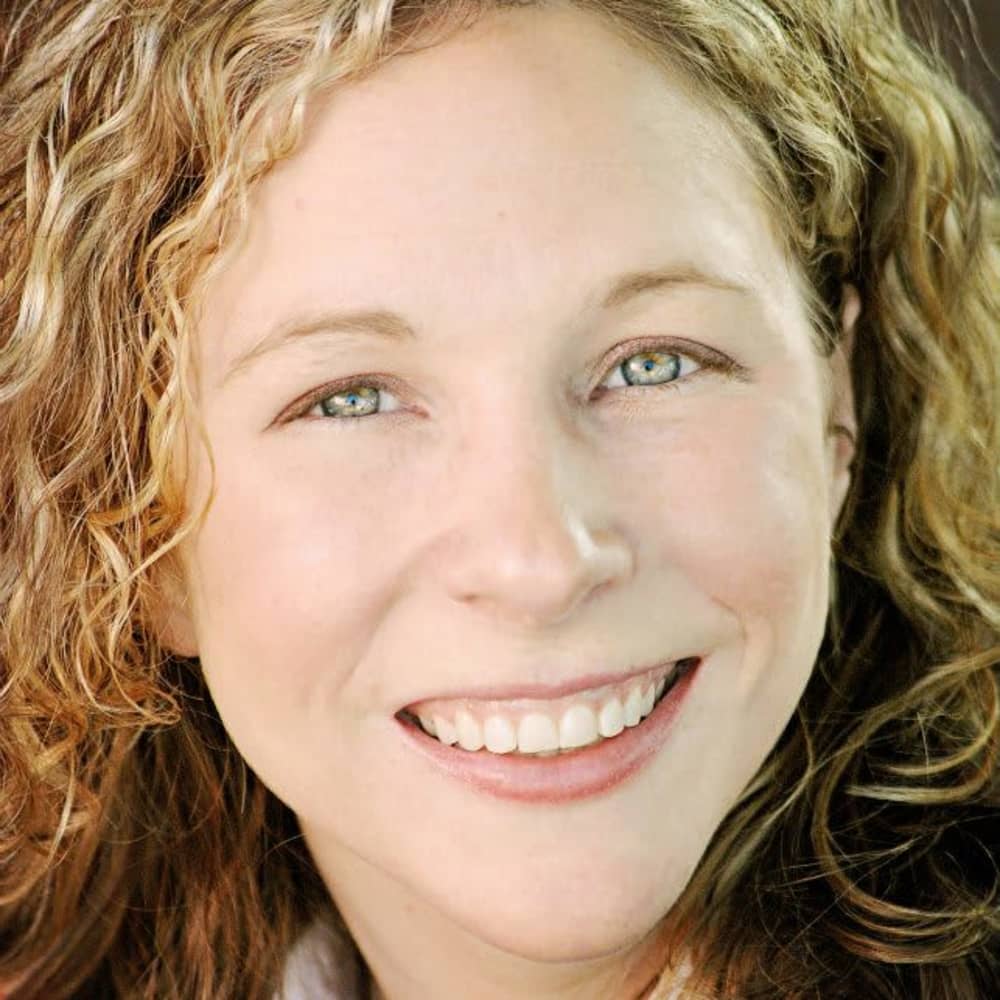How Do You Become a Child Life Specialist?
Writer
Writer
www.bestcolleges.com is an advertising-supported site. Featured or trusted partner programs and all school search, finder, or match results are for schools that compensate us. This compensation does not influence our school rankings, resource guides, or other editorially-independent information published on this site.
Turn Your Dreams Into Reality
Take our quiz and we'll do the homework for you! Compare your school matches and apply to your top choice today.
Resources:
- The Top 10 Best Online Master's in Healthcare Administration Programs (MHA) 2016
- Top 10 One-Year Online MHA Programs 2016
Earn At Least a Bachelor’s Degree Related to Child Life
The first step towards being a child life specialist is to earn a four-year undergraduate degree from an accredited post-secondary institution. While there are some universities in the United States that offer baccalaureate-level degrees specifically in child life, there are a number of acceptable majors, including child and family studies, psychology, early childhood education, child development, family psychology, social work, and recreational therapy. Regardless of your chosen major, it will be beneficial to fill up your course schedule with classes offered in child life, human development, family dynamics, counseling, sociology, therapeutic recreation, expressive therapies, cultural diversity, biomedical ethics, and even pediatric nursing. All aspiring child life specialists must complete at least 10 college-level courses related to child life.Popular Online Master's in Health Administration Programs
Learn about start dates, transferring credits, availability of financial aid, and more by contacting the universities below.






